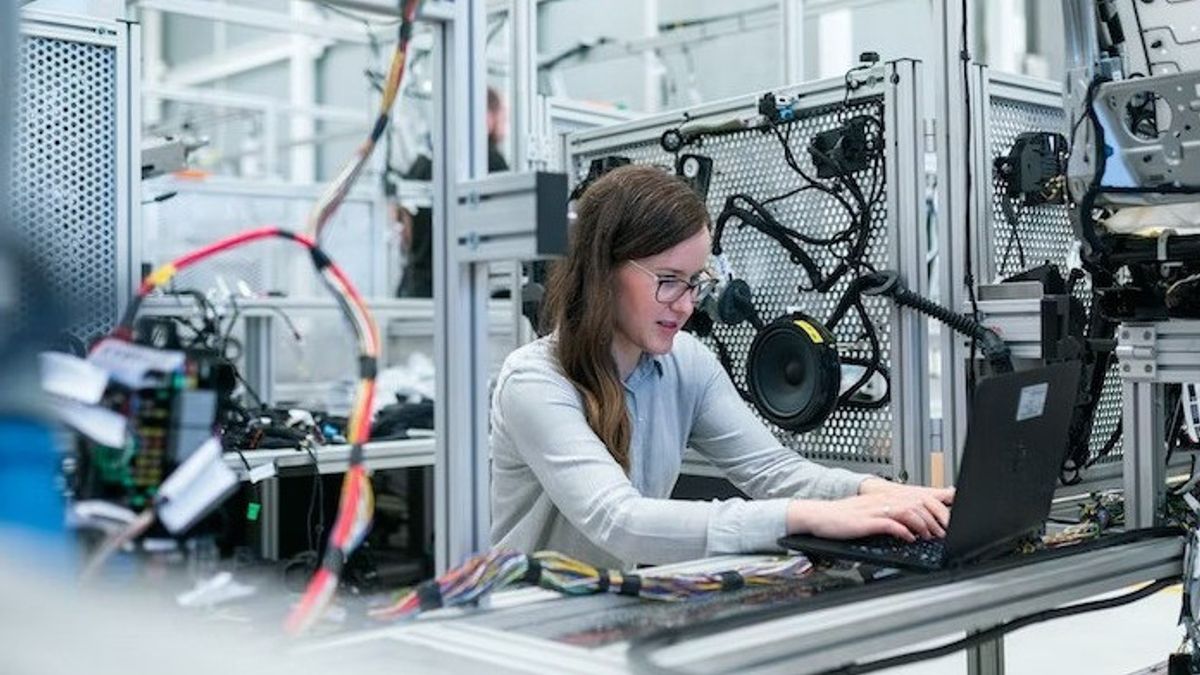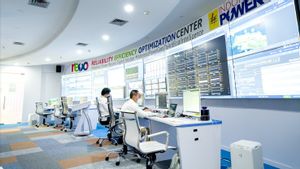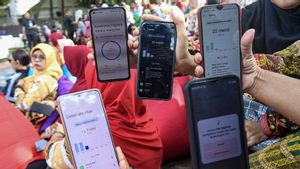JAKARTA - Facing the increasingly fast Industrial Revolution 4.0, every industry player is required to be able to adapt and transform in various manufacturing sectors.
Quoting from his latest study report "Transformation Towards Productive and Competitive Indonesian Digital Manufacturing", Shaun Djuhari as Senior Management Consultant at Kearney, explained more about issues and strategies based on digital transformation in the industrial sector.
According to him, Indonesia's level of competitiveness in the industrial sphere is starting to be taken away due to stagnant productivity elements, as well as the lack of adoption of digital innovation-based technology.
Shaun also analyzes that there are four success factors that are owned by the world's leading industrial countries, including China, Germany, South Korea, and Vietnam.
“All the pilot countries we have reviewed have a Service Model, a Digital Industry Foundation, a Digital Ecosystem, and a very sophisticated system of government. By seeing and emulating how neighboring countries have done it, we believe Indonesia can become a Manufacturing Powerhouse again," said Shaun in a statement received in Jakarta.
Other developed countries have also adopted Industrial Revolution 4.0 technology extensively by utilizing Internet of Things (IoT) sensors, Artificial Intelligence (AI), and implementing industrial robots in their factories.
VOIR éGALEMENT:
"For example, the Fujitsu company, which uses IoT sensors in its factory, is able to minimize the burden of production time by 80 percent," added Shaun.
Not only that, a major player in the automotive industry, BMW, has also adopted AI-based Supply Chain Management technology to predict inventory demand so as to reduce logistics costs to their factories in China by 70 percent, and Volkswagen, which has successfully implemented the latest robotics in its factories, has also succeeded. achieve cost-cutting effectiveness of up to 87 percent.
Kearney invites industry players to join together by implementing two main programs, namely High-Tech-based Manufacturing Portfolio Restructuring and 4IR Acceleration (Industrial Revolution 4.0).
According to Shaun, Indonesia can produce high-value products such as ICT tools, electric vehicles (EV), battery industrialization, renewable energy, computer chips, biotechnology, and medical devices. Furthermore, the use of 4IR technologies such as IoT, AI, robotics and similar tools should also be implemented in local factories.
The English, Chinese, Japanese, Arabic, and French versions are automatically generated by the AI. So there may still be inaccuracies in translating, please always see Indonesian as our main language. (system supported by DigitalSiber.id)















